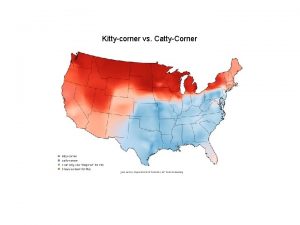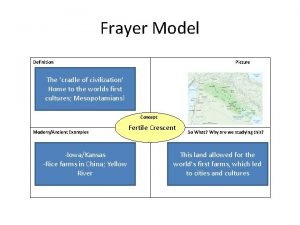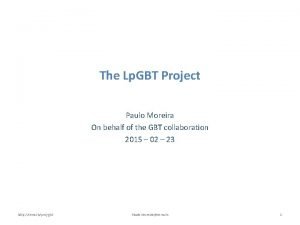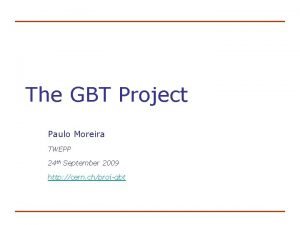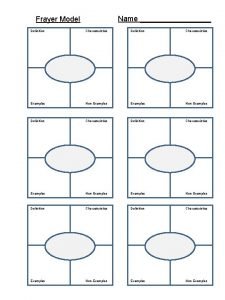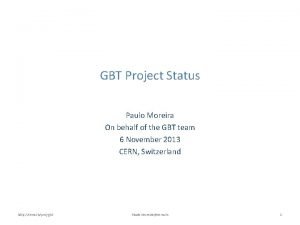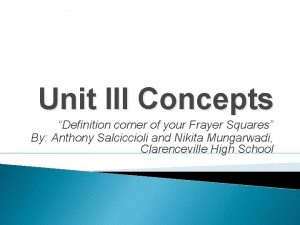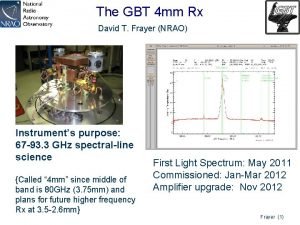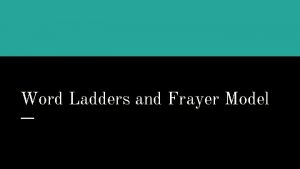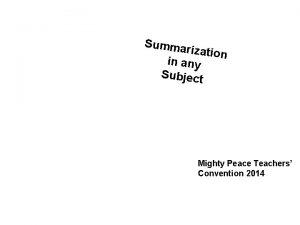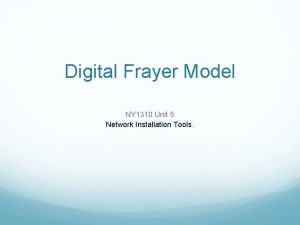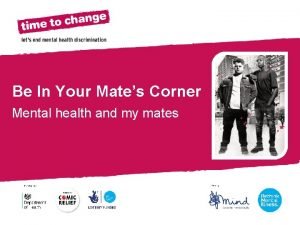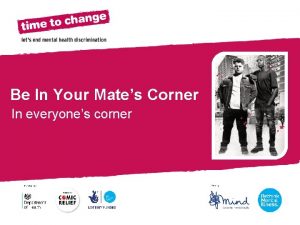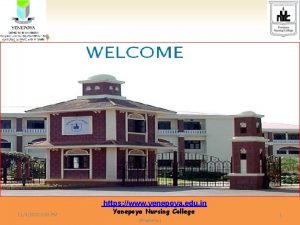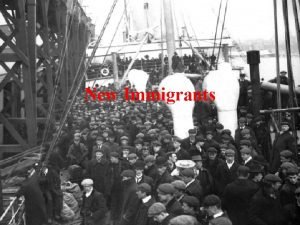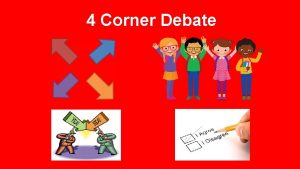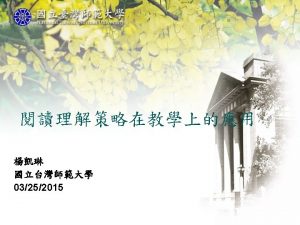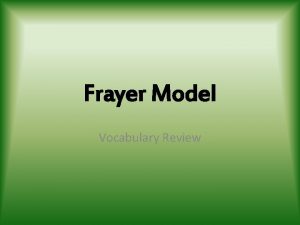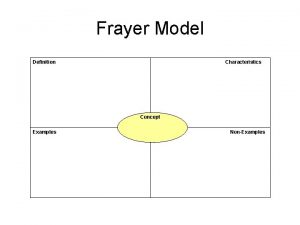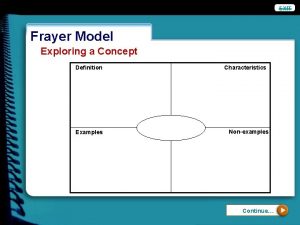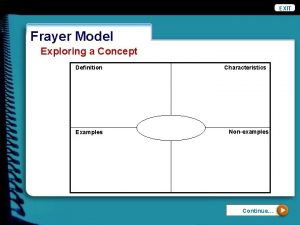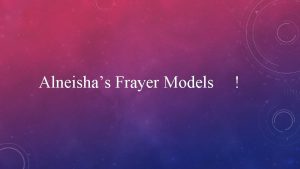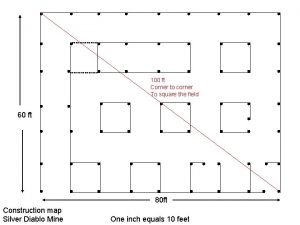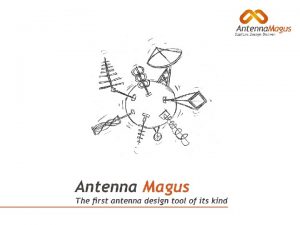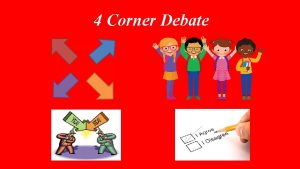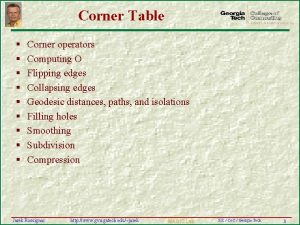Unit III Concepts Definition corner of your Frayer



















- Slides: 19

Unit III Concepts “Definition corner of your Frayer Squares” By: Anthony Salciccioli and Nikita Mungarwadi, Clarenceville High School

ABSOULTISM �A political theory holding that all power should be vested in one ruler or other authority. Kings and Queens believed they had complete control over government and the lives of their people � The most widespread political system in use in Europe and parts of Asia in 1500 -1600.

Divine Rights of Kings � The philosophical justification that monarchial rule comes from God’s will. Allows leaders to essentially do what they want.

The European Enlightenment �A European intellectual movement of the late 17 th and 18 th centuries emphasizing reason and individualism rather than tradition. � It was fueled by free-thinkers and philosophers and still has tremendous influence on modern education and government.

European Miracle � “The European Miracle”, a term coined by Eric Jones refers to the sudden rise of Europe during the late Middle Ages. � REFORMATION + RENAISSANCE + SCIENTIFIC REVOLUTION + ENGLIGHTENMENT + AGE OF DISCOVERY= EUROPEAN MIRACLE. � Europe went from poor, ignorant, and backwater to having world hegemony in a short time.

Nation-state �A sovereign state whose citizens or subjects are relatively homogeneous in factors such as language or common descent. � In other words, the modern idea of being a citizen of a country…. not a kingdom, dynasty, empire, fiefdom, etc. that we’ve seen in the ancient world.

Protestant Reformation �A 16 th-century movement for the reform of abuses in the Roman Catholic Church ending in the establishment of the Reformed and Protestant Churches � Resulted in significant increases in literacy in Europe due to Luther’s promoting reading the bible in the vernacular, not Latin.

Renaissance �A cultural movement that spanned from the 14 th-17 th Century that ended Medieval Times and brought renewal and growth to Europe. � Began Art in Italy and then spread outward to the rest of Europe AFFECTED Religion Philosophy Politics Literature Architecture Science Music

Renaissance Also gave us… � Donatello, Raphael, Michelangelo, Leonardo…

Revolution � Fundamental change in power or organizational structures that takes place in a relatively short period of time. Revolutions took place globally during this time period in history. � Aristotle described two types of political revolution: 1. Complete change from one constitution to another 2. Modification of an existing constitution.

Scientific Revolution � The scientific revolution was the emergence of modern science during the early modern period, when developments in mathematics, physics, astronomy, biology (including human anatomy) and chemistry transformed views of society and nature.

Capitalism � An economic and political system in which a country's trade and industry are controlled by private owners for profit, rather than by the state that became the dominant economic system in Western World

Coerced Labor � When people are forced to labor against one’s will � Types: Slavery, Bride buying, Child Labor, Indentured Servitude, Human trafficking, Impressment, Peonage, Penal Labor

Columbian Exchange � Vast Global economic exchange that started with Columbus when he returned to Spain in 1493, bringing plants and animals that he found in the Americas. � It caused a global population explosion and commercial revolution:

Great Dying This occurred when Europeans arrived in the Americas. Up to 95% of indigenous people died due to European’s guns, germs (smallpox), and greed.

Global Interdependence � Mutual dependence at a global level. In other words, one country depends on another country for something and that country may depend on another country, which eventually creates global interdependence.

Mercantilism � Economic policy aimed at strengthening a national economy by exporting more goods than importing. � Often colonial powers forced their colonies to provide raw materials for these economies and then buy the finished products.

Empire � An extensive group of states or countries under a single supreme authority, formerly especially an emperor or empress. Empires grow and prosper through military and economic conquering. European nations grew their empires from 1492 -1914. Here is what the world looked like in 1914:

Gunpowder Empires � Existed � These primarily between the 14 th and 17 th century. six empires ended the Era of Hemispheric Interactions and resulted in expansion at the end of a firearm. These were the Islamic empires of the Ottoman, Safavid and Mughal, the Chinese Ming Dynasty and the empires of Russia, Europe.
 Kitty corner vs catty corner
Kitty corner vs catty corner Frayer model with picture
Frayer model with picture Hamlet act iii scene ii
Hamlet act iii scene ii Decimal frayer model
Decimal frayer model P3g 010 gbt project
P3g 010 gbt project Paulo frayer
Paulo frayer Definition characteristics examples non examples
Definition characteristics examples non examples Paulo frayer
Paulo frayer Shelbi frayer
Shelbi frayer Al frayer
Al frayer Exponent frayer model
Exponent frayer model Frayer model word doc
Frayer model word doc Frayer model example
Frayer model example Digital frayer model
Digital frayer model In your mates corner
In your mates corner Be in your mates corner
Be in your mates corner Be in your mates corner
Be in your mates corner Bed making assignment
Bed making assignment Square groove weld symbol
Square groove weld symbol Give us your hungry your tired your poor
Give us your hungry your tired your poor
